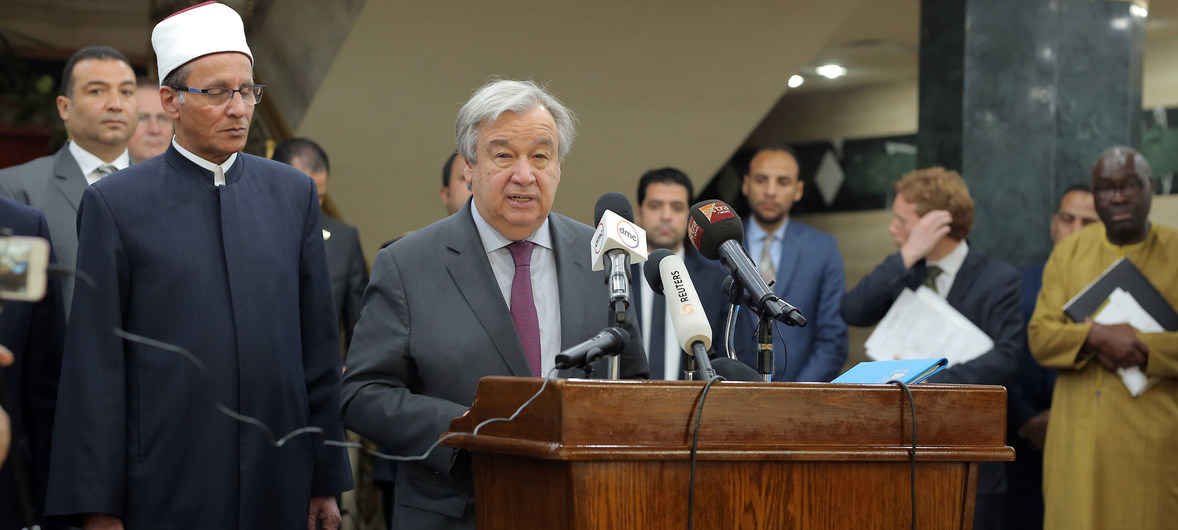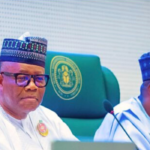Following the 9/11 terrorist attacks and other horrific acts of terrorism purportedly carried out in the name of Islam, institutional suspicion of Muslims and those perceived to be Muslim has escalated to epidemic proportions, a UN expert told the Human Rights Council on Tuesday.
The UN Special Rapporteur on freedom of religion or belief, Ahmed Shaheed, said numerous States — along with regional and international bodies — have responded to security threats by adopting measures which disproportionately target Muslims and define Muslims as both high-risk and at risk of radicalisation.
- Target vulnerable poor with COVID-19 vaccine – FG urged
Bustle, hustle inside the famous Wukari Yam Market
“Islamophobia builds imaginary constructs around Muslims that are used to justify state-sponsored discrimination, hostility and violence against Muslims with stark consequences for the enjoyment of human rights including freedom of religion or belief,” he said.
In a report to the Council, Shaheed said widespread negative representations of Islam, fear of Muslims generally and security and counterterrorism policies have served to perpetuate, validate and normalize discrimination, hostility and violence towards Muslim individuals and communities.
“In such climates of exclusion, fear and distrust, Muslims report that they often feel stigma, shame and a sense that they are ‘suspect communities’ that are being forced to bear collective responsibility for the actions of a small minority,” he said.

 Join Daily Trust WhatsApp Community For Quick Access To News and Happenings Around You.
Join Daily Trust WhatsApp Community For Quick Access To News and Happenings Around You.


